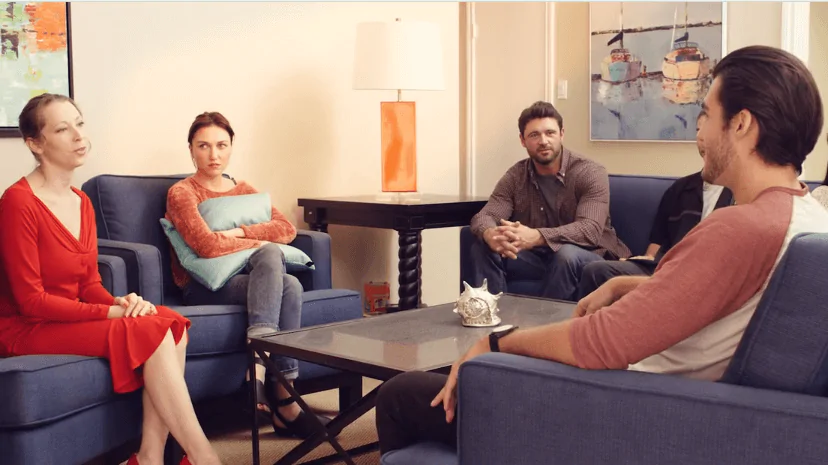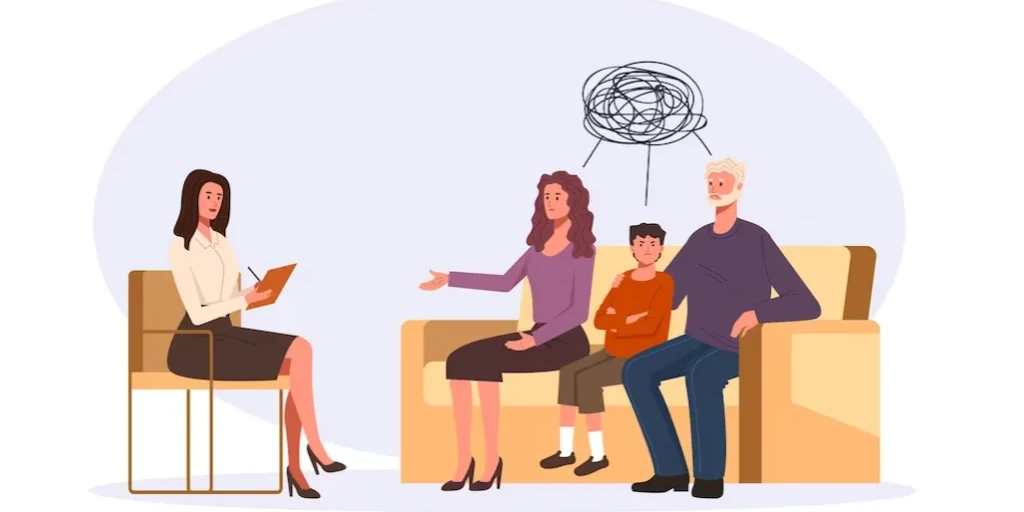is a critical component of addiction recovery, providing essential assistance to individuals once they complete an initial rehab program. Aftercare Support rehab centers in Milton focus on various types of addiction, including alcohol, opioids, stimulants, and co-occurring disorders. The treatment approaches adopted by these centers are comprehensive, often integrating therapy, counseling, and skill-building strategies tailored to individual needs. The importance of rehab centers cannot be overstated, as they offer a structured environment that fosters healing and growth. With a rich history that can be traced back several decades, Aftercare Support rehab centers in Milton have significantly impacted communities by reducing relapse rates and helping individuals rebuild their lives. These centers emphasize holistic healing by addressing not only the physical aspects of addiction but also the emotional and psychological facets that contribute to substance use. Their trained professionals utilize a combination of evidence-based practices and compassionate care, cultivating a supportive atmosphere that empowers individuals to thrive in recovery. Over the years, Aftercare Support treatment in Milton has evolved, continuously adapting to the needs of those seeking help. Whether it's through group therapy sessions, one-on-one counseling, or community resources, rehab centers in Milton are pivotal in guiding individuals through the aftercare phase, ensuring they have the necessary support to maintain sobriety and reclaim their lives.
Learn more about Aftercare Support centers in Milton
































































